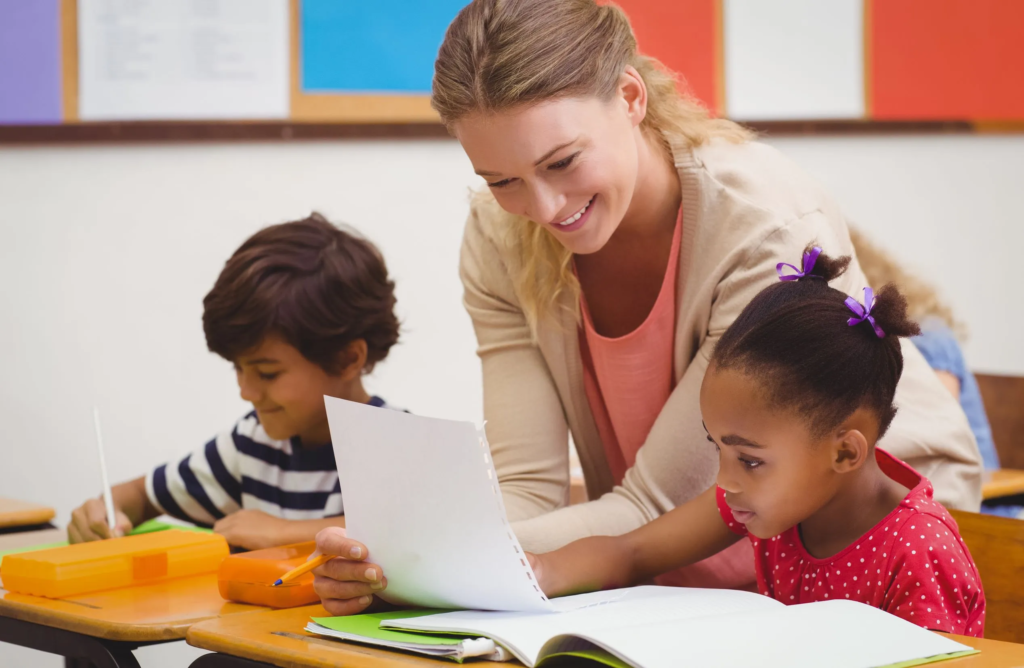
With the next generation coming up and beginning their early years of education, there has been some speculation and concern about their behavior in the classroom.
In a recent article written by Arianna Prothero for EdWeek.org, student behavior problems have continued to rise over the past three to four years, according to a recent survey.
“Seventy percent of educators —including 1,058 teachers, principals and district leaders, say students have been misbehaving more,” Prothero wrote. “Now compared with the fall of 2019.”
Kahree Hill, a senior music education student at Florida A&M, believes the behavior ranges are based on the students’ ages.
“I think it (their behavior) has changed in the sense that kids are less aware of how to behave in an educational environment,” Hill said. “I don’t think anyone explicitly explains to them how to conduct themselves at school, both parents and admin alike.”
Ashanté Smith, a seventh-grade long-term substitute teacher, said the students’ behavior is slightly disheartening.
“While some are very respectful and come to school to learn, there are many others who completely lack respect for not only adults but also their peers and their environment,” Smith said. “I don’t think having an education is important to these students. They act out to avoid having to do the work.”
While unsure of the cause, educators and upcoming educators have been watching closely to find new ways to engage with the latest generation.
Hill said that students are now more prone to lousy behavior due to normalizing this behavior.
“Students are more prone to outbursts and getting off task due to dwindling attention spans and normalized negative patterns of behavior,” Hill said. “Like talking back and non-compliance.”
Smith said that she believes the students do not view school as a place to learn but rather as somewhere being forced upon them.
“I am beginning to notice that many view school as a place their parents force them to come to five days a week,” Smith said. “As opposed to a learning environment, and it is evident by their performance and grades.”
Although there have been challenges regarding students’ behaviors, educators have yet to give up on finding new ways to help teach the new generation.
Hill said he plans to thoroughly explain appropriate behavior to his future students in an educational setting. Hill also intends to set rules and procedures to hold students accountable for their actions.
“I will improve the education environment by providing opportunities for students to collaborate, develop new skills, and create unique experiences they can remember,” Hill said. “Providing new and unique ways for students to engage (with) the content will enhance their learning experience and improve their school life.”
Smith said that she is allowing more time to complete assignments, incentivizing positive behavior and building positive relationships with her students.
“The most important thing I do is engage with my students,” Smith said. “Aside from teaching, I don’t just hand out assignments and send them on their way. I always try to do fun activities and get them involved in the learning process because my goal is ultimately for them to leave my classroom knowing more today than they did yesterday.”
As educators remain optimistic in their commitment to guiding and educating the upcoming generation, their dedication to fostering positive behavior and a conducive learning environment stands as hope for shaping a brighter educational future.